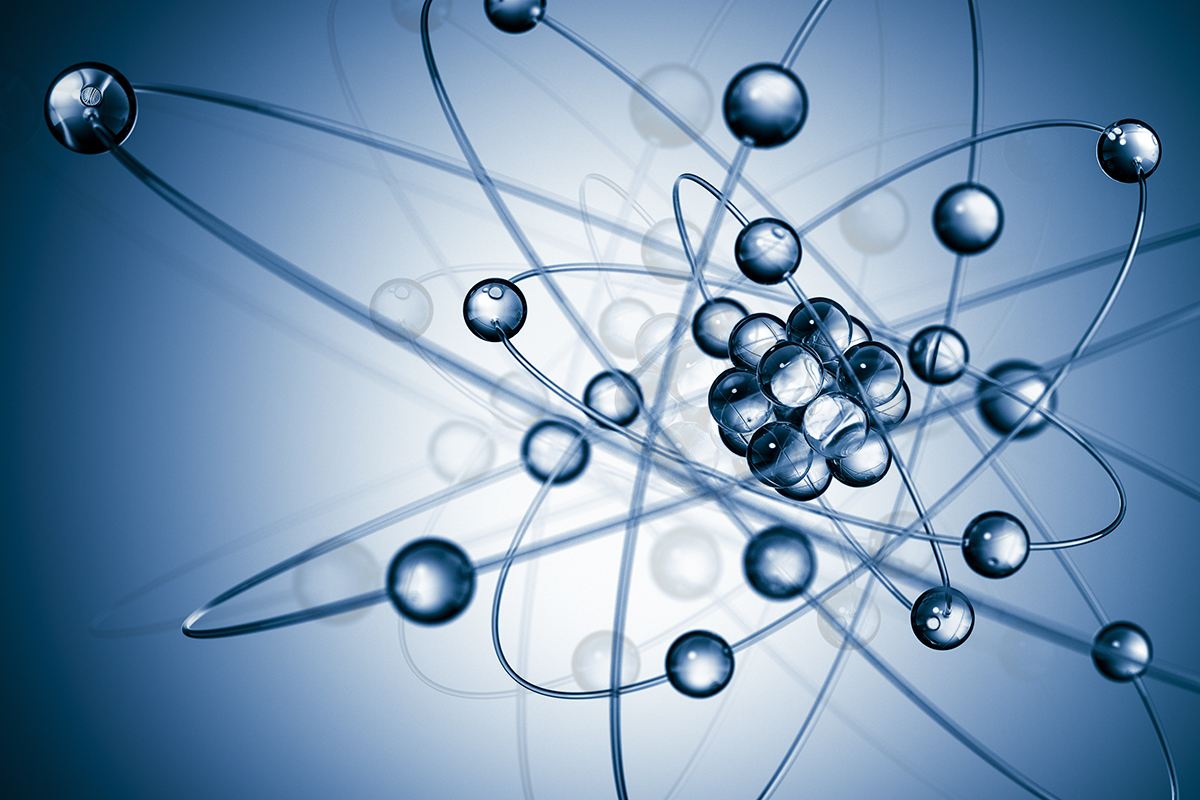
Imagine a dust particle in a storm cloud, and you can get an idea of a neutron’s insignificance compared to the magnitude of the molecule it inhabits. But just as a dust mote might affect a cloud’s track, a neutron can influence the energy of its molecule despite being less than one-millionth its size. And now physicists at MIT and elsewhere have successfully measured a neutron’s tiny effect in a radioactive molecule. The team has developed a new technique to produce and study short-lived radioactive molecules with neutron numbers they…



